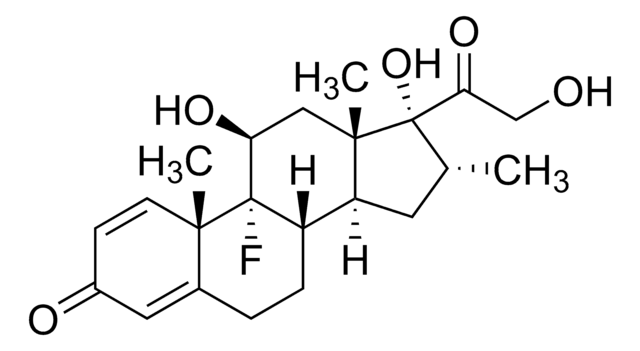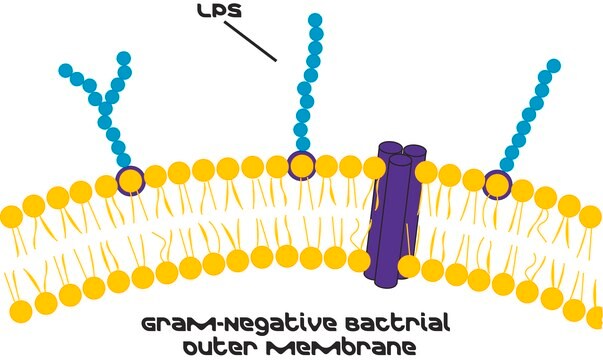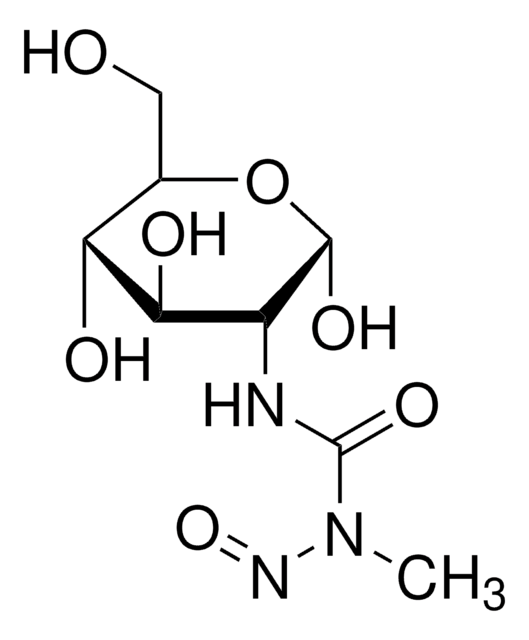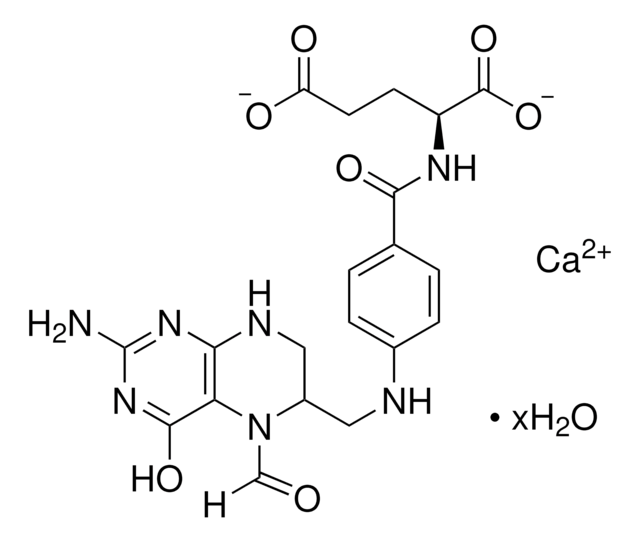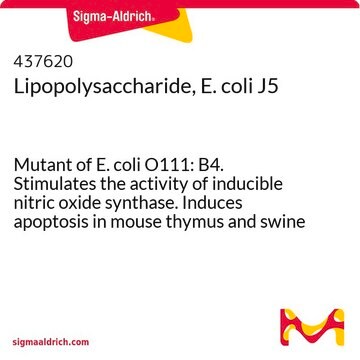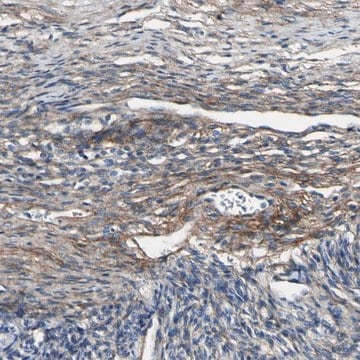SRP2023
PC4, F77P mutant human
recombinant, expressed in E. coli, ≥80% (SDS-PAGE)
Synonym(s):
MGC102747, P15, PC4, p14
Sign Into View Organizational & Contract Pricing
Select a Size
All Photos(1)
Select a Size
Change View
About This Item
UNSPSC Code:
12352202
NACRES:
NA.26
Recommended Products
Biochem/physiol Actions
Human PC4 is a non-TAF transcription coactivator that mediates activator-dependent transcription by RNA polymerase II in vitro through most tested activators. The function of PC4 is through interactions with transcriptional activators and the basal transcription machinery. It is negatively regulated by casein kinase II phosphorylation both in vitro and in vivo. PC4 strongly binds single stranded DNA and the region essential for the single stranded DNA binding activity was mapped around residue 77. A single amino acid change at position 77 (F to P) abolishes both ds- and ss-DNA binding activity.
Physical form
Clear and colorless frozen liquid solution
Preparation Note
Use a manual defrost freezer and avoid repeated freeze-thaw cycles. While working, please keep sample on ice.
Storage Class
10 - Combustible liquids
wgk_germany
WGK 1
flash_point_f
Not applicable
flash_point_c
Not applicable
Choose from one of the most recent versions:
Certificates of Analysis (COA)
Lot/Batch Number
Don't see the Right Version?
If you require a particular version, you can look up a specific certificate by the Lot or Batch number.
Already Own This Product?
Find documentation for the products that you have recently purchased in the Document Library.
S Y Wu et al.
The Journal of biological chemistry, 273(20), 12492-12498 (1998-06-20)
A human RNA polymerase II (pol II) complex was isolated from a HeLa-derived cell line that conditionally expresses an epitope-tagged RPB9 subunit of human pol II. The isolated FLAG-tagged pol II complex (f:pol II) contains a subset of general transcription
M Kretzschmar et al.
Cell, 78(3), 525-534 (1994-08-12)
Our investigations of mammalian class II gene transcription resulted in identification, purification, and cloning of the corresponding cDNA of a cellular factor (p15) that mediates the effects of several distinct activators on transcription in vitro. Functional deletion analyses revealed a
H Ge et al.
Cell, 78(3), 513-523 (1994-08-12)
Activator-dependent transcription in mammalian cells requires upstream stimulatory activity (USA)-derived cofactors in addition to those present in TFIID. A novel positive cofactor (PC4) purified from the human USA fraction effected a marked enhancement (up to 85-fold) of GAL4-AH-dependent transcription in
Our team of scientists has experience in all areas of research including Life Science, Material Science, Chemical Synthesis, Chromatography, Analytical and many others.
Contact Technical Service